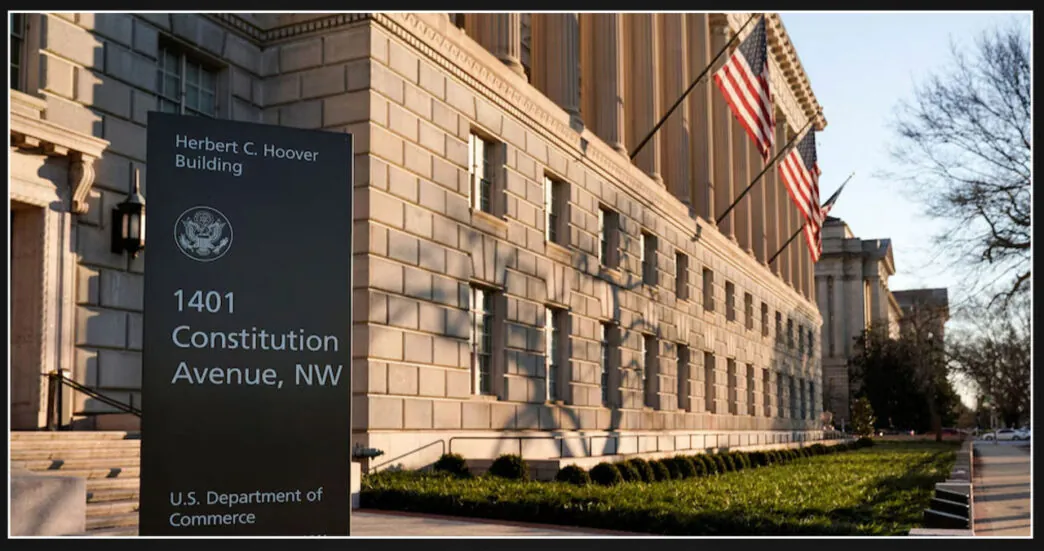The Department of Commerce has announced that Russian and Chinese software will be banned in vehicles in the United States, citing national security concerns.
The Commerce Department’s Bureau of Industry and Security unveiled the final rule on Tuesday morning, which had been previewed several months ago and was subsequently posted on the Federal Register.
The Bureau of Industry and Security determined, during the rulemaking process, that specific technologies originating from China or Russia pose an excessive and unacceptable threat to the national security of the United States.
“Cars have evolved beyond being mere steel on wheels. Today, they are equipped with advanced technologies that transform them into sophisticated computers,” stated outgoing Commerce Secretary Gina Raimondo in a recent news release. She emphasized that modern cars are equipped with features like cameras, microphones, GPS tracking, and internet connectivity. Raimondo further highlighted the significance of the Commerce Department’s rule, stating that it is a crucial measure to safeguard national security and protect the privacy of Americans. The rule aims to prevent foreign adversaries from exploiting these technologies to gain unauthorized access to sensitive or personal information.”
Model 2027 cars will be subject to software bans, while Model 2030 vehicles will face hardware bans.
The Department stated that the final rule, which solely applies to passenger vehicles, establishes that the hardware and software integrated into the Vehicle Connectivity System (VCS) and the software integrated into the Automated Driving System (ADS) present a risk to national security. This risk is deemed undue and unacceptable when these systems are designed, developed, manufactured, or supplied by individuals or entities with a significant connection to the People’s Republic of China (PRC) or Russia.
The Department of Commerce building in Washington, D.C., was captured in a photograph on January 26, 2022.
The department has announced its plans to release a distinct regulation that will specifically address commercial vehicles in the coming days.
According to a senior administration official, the automotive industry has largely expressed agreement with these recommendations. The recommendations were made based on national security concerns.
According to a release from the Commerce Department, unauthorized access to these crucial supply chains could enable foreign adversaries to obtain sensitive data, such as personal information about vehicle drivers or owners, and remotely manipulate vehicles.
Manufacturers with a strong connection to the People’s Republic of China (PRC) or Russia are forbidden from selling new connected vehicles that include VCS hardware or software or ADS software in the United States, regardless of whether the vehicle is manufactured in the United States.
According to another senior administration official, the risks associated with Chinese and Russian software go beyond just cars. This software, if connected to mobile phones, could potentially serve as a convenient avenue for China to extract user data.
According to a senior administration official, recent malicious cyber activity, specifically the volt typhoon, has made it even more crucial to proactively address the risks to our critical infrastructure. There is mounting evidence that the People’s Republic of China (PRC) has been pre-positioning malware in our critical infrastructure with the sole purpose of sabotage and disruption. This is not limited to the volt typhoon but extends to other instances as well.
The official also highlighted two major risks. Firstly, with the increasing number of connected vehicles expected to hit the roads, each with a lifespan of 10 to 15 years, the risk of sabotage significantly rises. Secondly, there is a data security risk associated with these vehicles due to the massive amount of sensitive personal data they collect, including geo-location data, audio and video recordings, and other live data.













